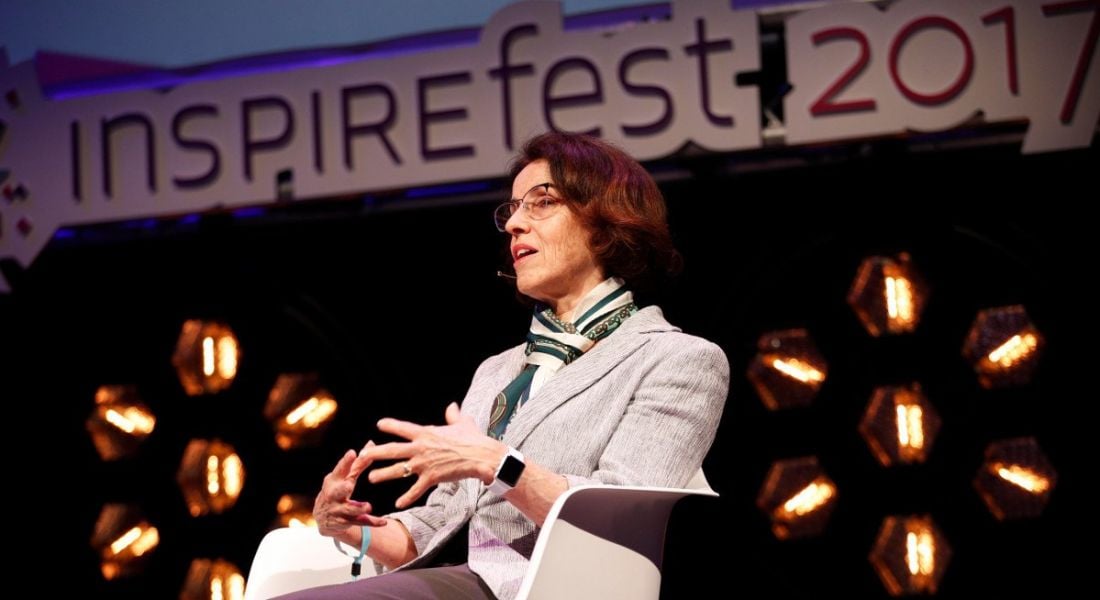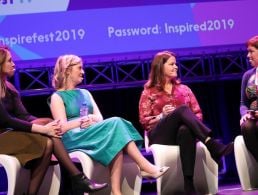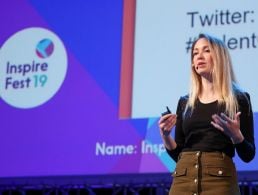From writing about heartthrobs with the LA Times to leading NASA’s scientific endeavours, Dr France A Córdova has seen it all.
It would be fair to assume that it would take an entire lifetime of scientific dedication to become the first female chief scientist of NASA.
However, it turns out that couldn’t be further from the truth.
Dr France A Córdova, now the director of the National Science Foundation (NSF) in the US, achieved that without any initial intent.
English, and journalism, was her first calling.
Majoring in English initially, Córdova began working for the LA Times, “as a copygirl, in the days when there was copy. Now, in the electronic age, that job doesn’t exist!”
Writing, editing and reporting on “teenage heartthrobs”, Córdova’s shift towards science came on the back of simply watching a documentary.
Hooked, she thought becoming a physicist was doable. Finding her true calling, Córdova eventually made it to NASA, breaking the mould.
Her trip there, though, is what she values.
“Everything you learn, in all your jobs, you carry with you. It all comes to being an advantage,” she said at Inspirefest 2017 in Dublin.
“If you don’t have curiosity, you don’t pursue knowledge deeply. It helps to be well-rounded, to have a background in the arts as well as science.”
Córdova’s current role with NSF sees her lead a $7.5bn organisation, charged with advancing all fields of scientific discovery, technological innovation, and science, technology, engineering and mathematics education.
A demanding role, Córdova’s charmed career saw her enter the world of science as a rocket scientist. Her very first job, launching a rocket.
Córdova is a recipient of NASA’s highest honour, the Distinguished Service Medal. She was also recognised as a Kilby Laureate for her “significant contributions to society through science, technology, innovation, invention and education”.
Elected to the American Academy of Arts and Sciences, her professional recognition includes becoming a national associate of the National Academies, a fellow of the American Association for the Advancement of Science, and the Association for Women in Science, a president emerita of Purdue University, and chancellor emerita of the University of California.
She was also the vice-chancellor for research and professor of physics at the University of California, Santa Barbara. As NSF director, she is an ex-officio member of the National Science Board.
But she is clear in her admission that this was not what she initially prepared for.
“Some people are born and they know at the moment of birth that they will become an astronaut, lawyer, doctor, whatever. Others have a varied career path,” she said.
Her advice for those of us less clear in our calling at the age of 15, 18, 21, 30 or even 45 is simple.
“Just enjoy what you’re doing at the moment, and learn everything you can about it,” she said, insisting that “your passion will be recognised, people will respond to it”.
“Say ‘yes’, rather than ‘no’,” she said, but “don’t keep on that path if you’re not happy with it”.
“We only have one life to live,” said Córdova, citing her friend’s rather wonderful synopsis: “I’ll do anything once … twice if I like it.”




